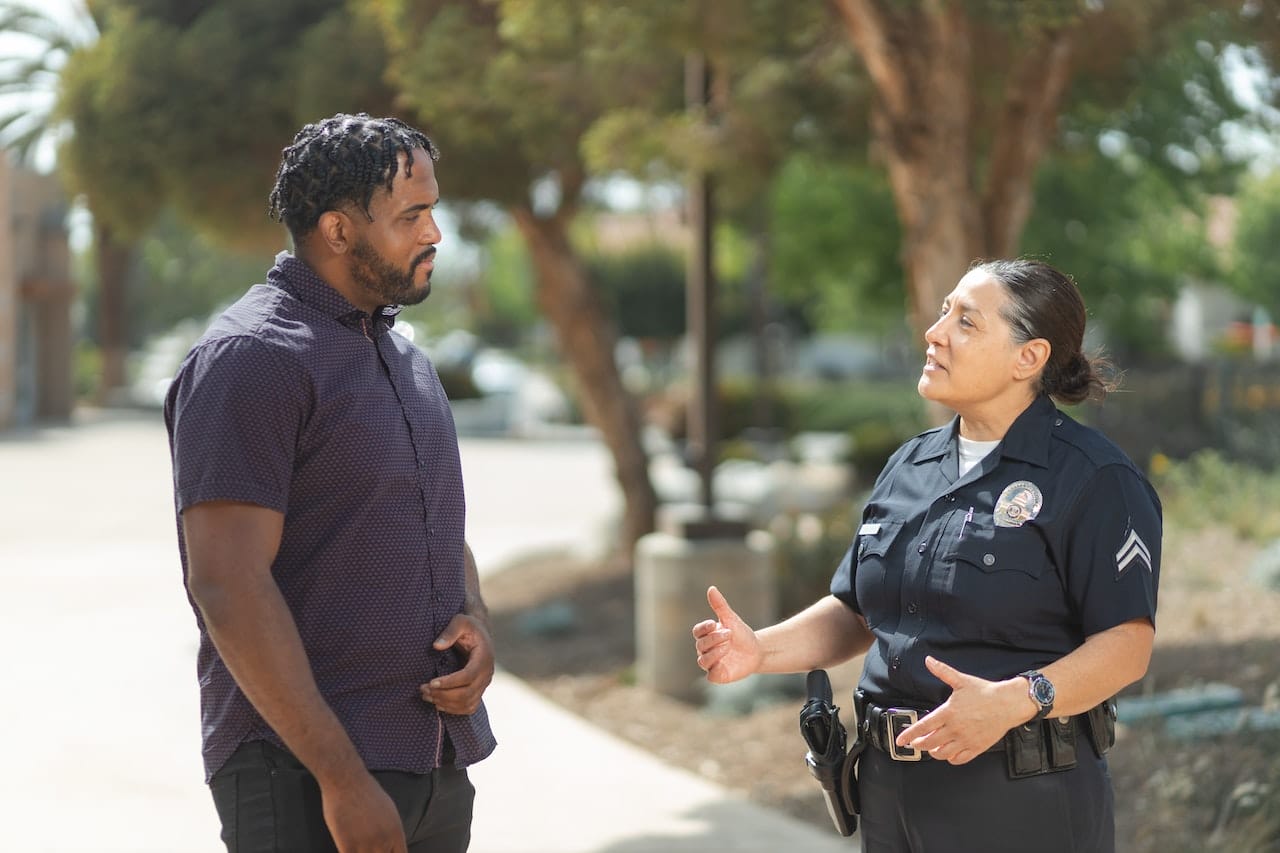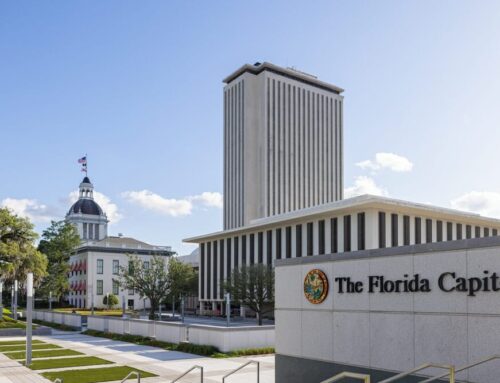Florida Emphasizes Education as a Way to Complete Probation More Quickly

Florida has made the news several times when it comes to criminal justice. The state has the tenth-highest incarceration rate in the nation (444 for every 100,000), ahead of Montana but behind Idaho.1 Regarding total number of incarcerated, Florida ranks third in the nation, ahead of Georgia but behind California. The state’s jail population was 64,710 in 2019. Florida also has 143 prisons that hold some 96,009 individuals. Florida has about 204,159 people under probation and 4,349 people under parole.2
In 2022, Florida passed a law that took many by surprise. The tough-on-crime state passed Senate Bill 752, a law designed to shorten probation by incentivizing work and education for formerly incarcerated individuals.
Details of the New Law
Many laws require endless pages of text and nuance to explain fully, but Florida’s Senate Bill 752 was not like that at all. Quoting the bill’s summary, the bill was created for the purpose of “…requiring the department to reduce a probationer’s or offender’s supervision term by a specified amount of time for completing an educational advancement activity” and “… requiring the department to incentivize stable employment by reducing a probationer’s or offender’s term of supervision by a specified amount of time for each period of workforce achievement.”3
Too many people are re-admitted to prison for technical violations of their probation. Missing a critical phone call, failing to attend a meeting, not completing a key step in the probation process, not filling out a form on time, any of these and many more errors could be grounds for taking someone who has already completed a prison sentence and re-incarcerating them in prison once again.
This approach adds to the revolving door nature of the criminal justice system, a system where the longer one spends in it, it’s reasonable to presume the more difficulty one will have readjusting to life outside of incarceration. Because of that, laws and policies that incentivize reducing probation terms should be seen as a good thing.

Florida has over 200,000 people under probation. Such individuals are at high risk of being sent back to prison should something occur that they may have no control over, such as missing a meeting due to lack of transportation. Florida’s efforts to shorten probation terms by getting these individuals involved in the workplace or educational courses is a step toward reducing probation terms. It’s a step in the right direction for many other reasons too. Education and employment are key when formerly incarcerated individuals try to create responsible, law-abiding lives. A job and an education improve their lives significantly.
Florida, Recidivism, and a Better Future for the Formerly Incarcerated
According to the Bureau of Justice Assistance, Florida’s recidivism rate is 25%, meaning the Florida criminal justice system is not working for one out of every four people who go through it. One could surmise that the recidivism rate will go down following the passage of Senate Bill 752, as offenders will be spending less time on probation and, therefore, will be less likely to become re-incarcerated for a technical probation violation.
Looking to the future, Florida could do much more to improve conditions for offenders, reduce the crime rate, and reduce the recidivism rate. First, alternatives to incarceration should be expanded in Florida, especially for offenders who have committed nonviolent crimes (Florida still utilizes mandatory minimum sentencing).

Second, there is a need for educational programs inside prisons in Florida. Such programs would better prepare offenders for life outside of prison, as such programs could be leveraged to help offenders understand why they committed crimes in the first place. Further, educational programs have been shown to empower incarcerated individuals to learn important life skills that they may have lacked before entering prison. Such programs are able to help offenders build up healthy coping mechanisms that would assist them in creating responsible and ethical lifestyles that contribute to society, and that do not resort to crime as a way of coping with life’s challenges.
Senate Bill 752 is a step in the right direction, but Florida could (and should) do much more to reduce crime and recidivism, improve the lives of offenders and their families, and build a healthier society while maintaining its commitment to public safety.
Sources Cited:
- BJS. “Prisoners in 2020 – Statistical Tables.” Bureau of Justice Statistics, 2020. bjs.ojp.gov
- NIC. “Florida 2019.” National Institute of Corrections, 2019. nicic.gov
- TFS. “Senate Bill 752: Probationary or Supervision Services for Misdemeanor Offenders.” The Florida Senate, 2022. flsenate.gov




